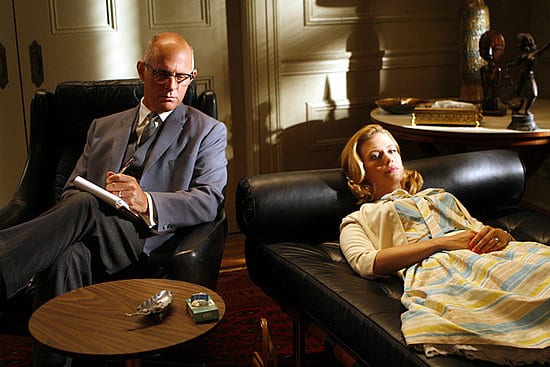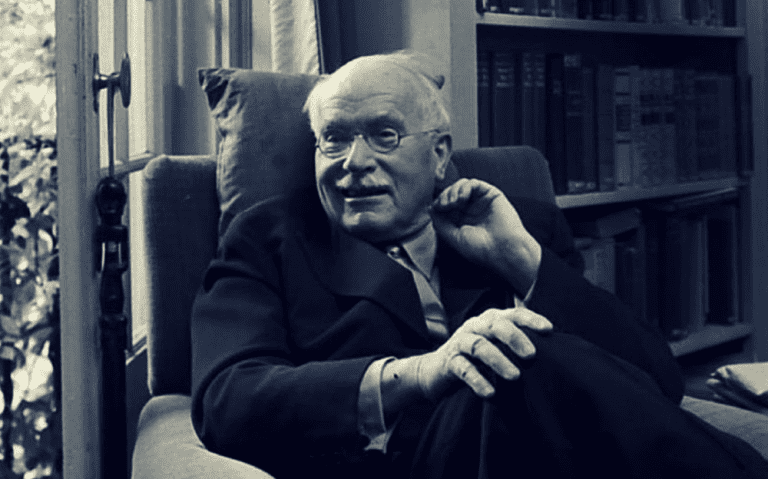The word therapy conjures an image of a serious man with a steno pad taking notes while a patient reclines on a black, leather couch, talking about her childhood. I’ve been to therapy a bunch of times and never once have I reclined. One of my therapists was a tough talking Texan who threw a Kush ball with me as we spoke. Another was a completely bald little person who drank protein shakes and gave me existential philosophy CDs to listen to. Yet another liked to write possible solutions to my problems on a dry erase board.
While there are therapists who employ the whole reclining on the black, leather couch while you talk about your childhood thing, that’s only one kind of psychotherapeutic treatment available. If you’re not into that (I know I’m not!), don’t let it stop you from seeking out some support for your issues. There are many, many other approaches and types of therapy available. Depending on your personal preferences and what kind of issues you might want to tackle, you’ve got options. Many, many options. So many, that I’m only going to tell you about a few. Click on through for a very abridged breakdown of some of the most popular types of therapy available.
Contents
Psychoanalysis

The Lowdown: This is your traditional patient lays on a black, leather couch kind of therapy. Based on the theories of Sigmund Freud (you might have heard of him), the patient, or “analysand,” goes to see the analyst about four times a week, lies on a couch and practices free association. This includes verbalizing any thoughts, feelings, dreams or fantasies. From these musings, the analyst interprets the unconscious thoughts and drives (the Id) below the surface and defense mechanisms getting in the patient’s way. The thought is that once repressed emotions are brought to awareness (by the Ego), the patient is able to confront them and change neurotic behavior patterns (the Superego).
Blah, blah, blah. That sounds really confusing. It’s basically a lot of digging about how your parents screwed you up.
You’ll like this type of therapy if: You like to lay down and/or you have a whole lot of time (and money) to devote to figuring yourself out.
Cognitive Behavorial Therapy (CBT)

The Lowdown: CBT, effective for treating many different types of disorders, is based on the tenant that thoughts control behavior. So if you identify your unproductive thoughts and learn to change them, your behavior will change along with them. This is done through journaling, assessment of ideas, thoughts or beliefs, facing activities which have been avoided, focusing on the present moment and learning relaxation and breathing techniques.
This is a much more solution-oriented form of treatment, often adapted for your garden variety self-help books. While you may spend time talking about your childhood, you will spend more time learning techniques for dealing with your problems.
You’ll like this if: You are goal-oriented and like to know you’e working on something tangible.
Analytical Psychology Or Jungian Analysis

The Lowdown: Jungian Analysis is Carl Jung’s spin on psychoanalysis. It is less “doctor telling patient what’s going on in his unconscious” and more of a dialogue between analyst and patient. While it still focuses on the unconscious, the treatment hinges on the patient developing a healthy relationship with the unconscious — neither overtaken by it or repressing it. The thought is that when conscious and unconscious are in balance, this brings out a new harmony to the personality, where pain and suffering take on new meaning and purpose. Treatment focuses on psychic development, healing and becoming whole through dreams, symbols, the understanding or the person’s connection to humankind.
You’ll like this if: You’re a person with a spiritual bent who is looking for personal growth.
Family Systems Therapy

The Lowdown: Also known as couples therapy or family therapy, this kind of psychotherapy focuses on the dynamics of the family (or couple unit) as a whole, rather than a single person within the family. Regardless of whether one person, or the whole family, manifests the “problem,” therapists focus on treatment in the context of the entire family unit.
You might recognize this type of therapy from shows like “Intervention,” which focuses on the whole family getting well, rather than just the addict.
You’ll like this if: You’re a family, family members or couple who all want to work on making things better together.
Group Therapy

The Lowdown: This is a form of psychotherapy where one or more therapists works with a small group of clients. The group setting is thought to have many benefits. Members who share common experiences can feel less isolated, learn from each other, develop coping mechanisms and work on interpersonal skills.
You’ll like this if: You’re a vicarious learner looking to develop more meaningful connections with other people.
Humanistic and Existential Therapy

The Lowdown: While these two different schools of therapeutic thought, they are closely related in that they both approach the person as a whole. Humanists believe that people are inherently good and they strive for self-actualization. It’s not so much a treatment as a perspective on the human condition that informs therapeutic treatment. The therapist and the patient strive to bring forth the client’s best, most expressed self, and do whatever it takes to get there.
Existential psychotherapy is based on the ideas of existential philosophy. The thought that life has no prescribed or determined meaning may trigger feelings of intense isolation and meaninglessness. So, the antidote to this is creating meaning by working on the individual’s beliefs and values. It’s the “might as well make the best of it while you’re here” kind of approach.
You’ll like this if: You are a deep thinker, always questioning life and your place in the world and prefer a more touchy-feely kind of therapist.
Original by Ami Angelowicz
